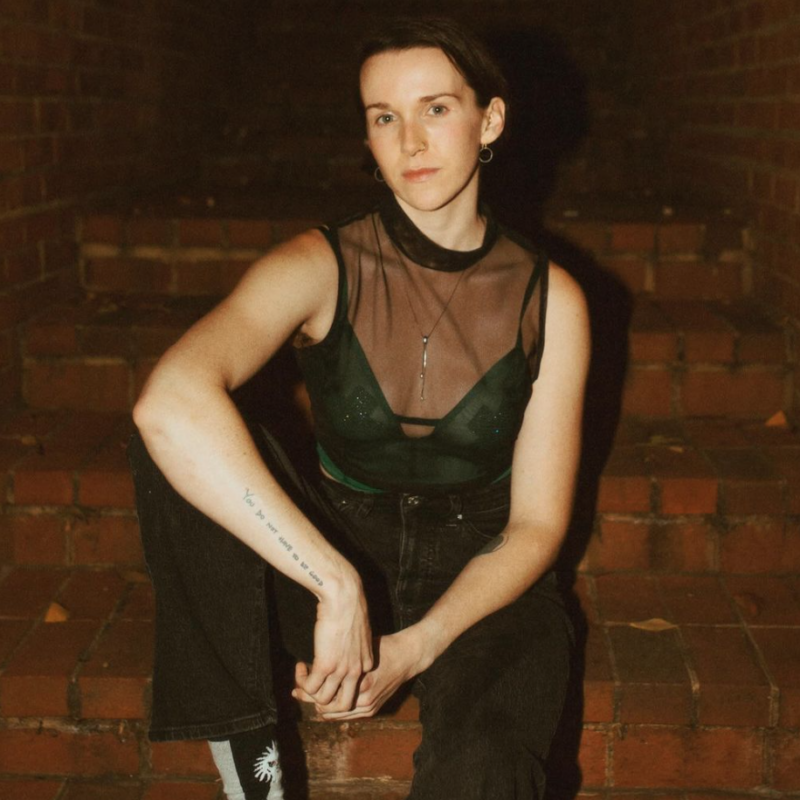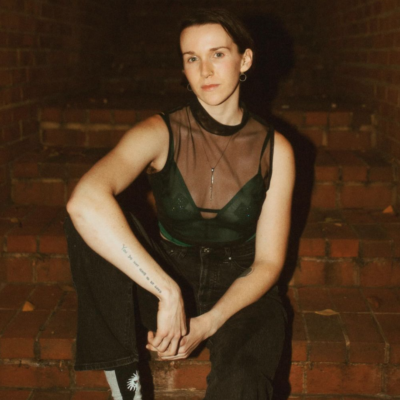It figures: Blockbuster season finally yields a movie for adults, and it’s a vignette from a bygone era about the inconstancy of beauty and the dissolution of youth.
You can go ahead and assume the irony is deliberate. But even if you try to reframe Chéri as something like a modish cable-network provocation (say, the outrageous social allegory of a prowling “cougar” and her prey), the net effect still will be a certain poignancy. Which is all the more reason to catch it on the big screen while you still can.
|
“Ms. Pfeiffer, are you trying to seduce me?” Léa de Lonval puts moves on Rupert Friend’s titular lead in Chéri. |
The plot is straightforward. Chéri (Rupert Friend), the 19-year-old son of a retired Belle Epoque courtesan (Kathy Bates), is a feckless and beautiful brat, taken on as an erotic disciple by his mother’s former rival, one Léa de Lonval (Michelle Pfeiffer), then taken from her by an arranged marriage to a more suitable girl his own age (Felicity Jones). The problem is that Chéri and Léa both know she has ruined him for suitable girls, or for any other kind, of any other age. What’s more, she hadn’t counted on serious feelings, and is not accustomed to inconvenience. And so the separated lovers preen and pine and independently scheme to reunite.
To achieve this forlorn and magnificently decorated melodrama, screenwriter Christopher Hampton has synthesized and adapted two Colette novellas for director Stephen Frears. That means a nimble choreography of meaningful glances and well-timed memorable lines, like Léa’s abiding summation of her callow cavalier: “I can’t criticize his character, mainly because he doesn’t seem to have one.” It means a juicy role for any actor willing to not be flattered.
It’s no help that the movie’s period trappings invite a comparison with Hampton and Frears’ more electric Dangerous Liaisons, in which Pfeiffer also starred, nor that its thematic concerns mirror those of Frears’ recent and more topical The Queen. And if you have to read into an allegory about aging actresses in today’s Hollywood to give it any currency, what does that say about the substance of the film itself?
But Chéri’s production is impeccable in its own right, well served by Darius Khondji’s ravishing cinematography, production designer Alan MacDonald’s comfortably decorous spaces, and Consolata Boyle’s slyly expressive costumes. The story, which at first seems arch and slight, becomes quite commanding when it manages after a while to gather some force.
Maybe it is not among the very best efforts from its distinguished screenwriter and director. But maybe it is among the best from Pfeiffer, whose performance here is wise and radiantly self-possessed. When Léa says, “Thirty years of easy living makes you very vulnerable,” it is easy to believe and feel for her. When she stares at herself in a mirror at the movie’s end, with the camera also appraising, from intimately close range, it’s impossible not to be haunted.






